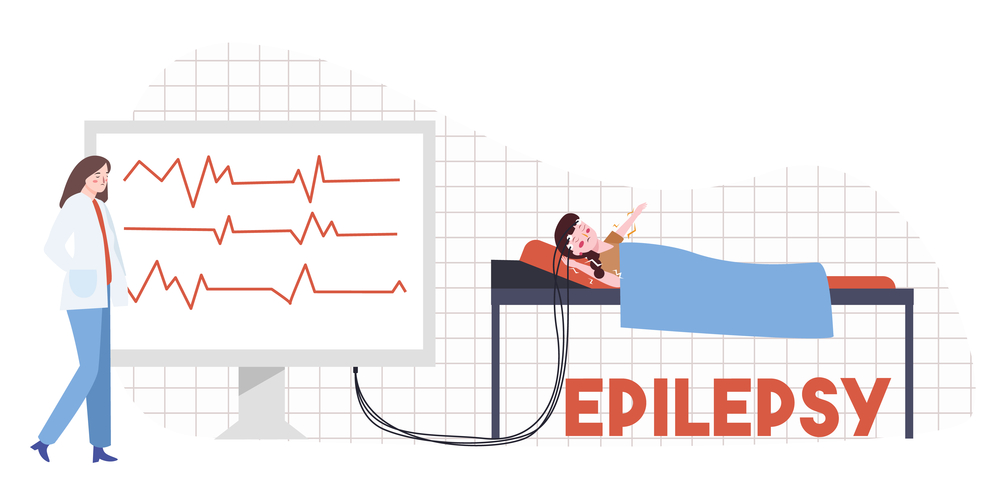Seizures can be hard to watch. Sometimes they come on so suddenly that they can be hard to predict as well. Although many seizures stop on their own and may not be cause for concern, it still helps to be able to catch them before they happen to help your patient get through them.
Some types of seizures give certain warning signs that will help you detect if an episode is about to occur. Being able to identify these signals will assist with the possibility of finding patterns that can help prevent seizures, or at the very least, make them less uncomfortable.
Emotional

Individuals with tonic-clonic seizures usually experience what’s called the prodrome stage, which is the word used to define the early symptoms of a major health concern. The prodrome stage can occur minutes to days before the onset of a seizure. 20% of individuals with epilepsy experience the prodrome phase, and these are usually the warning signs where their emotions are mildly affected.
They could become more irritable, confused, or nervous leading up to the onset of a seizure. Other prodrome symptoms include headaches, tremors, or a generalized strange feeling.
If you’re noticing mood swings and other emotional disturbances before a seizure starts, you may want to bring this up with your patient and keep an eye out for these instances in the future. Listen to your patient and watch their bodies as they try to relay their pains to you.
Sensory
The second stage that occurs seconds or minutes before a seizure is what’s called the aura phase. Though common, not everyone will experience auras pre-seizure. About 65% of people will sense an aura, and the symptoms will be different for each person as it depends on the type and severity of the seizure, and the region of the brain affected.
This phase will begin to bother the sensory nerves and cause symptoms like nausea, intense fear, or loss of bladder or bowel control. Sometimes, patients will hallucinate in the sense of visualizing, smelling, or hearing something that isn’t truly there. In the simplest forms, it can just cause sleepiness, dizziness, or lightheadedness.
In the event that your patient has a difficult time verbally expressing these sensations to you, pay close attention to their demeanor and actions. If you notice that they kind of “check out” for a few moments or begin vomiting or losing their bowels, trembling, or exhibiting generalized discomfort, they may be heading into a seizure. Some people who are aware of their seizures have discovered the patterns and will know when they’re coming. If your patient or loved one suddenly wants to lie down and rest to prepare for the ictal phase (the familiar part of a seizure where the actual seizure occurs), you should allow them to do so safely and comfortably and help them get ready to ride it out.
Take Our Online Seizure Risk Test Now to Get Evaluated by Dr. Habib Khan.



